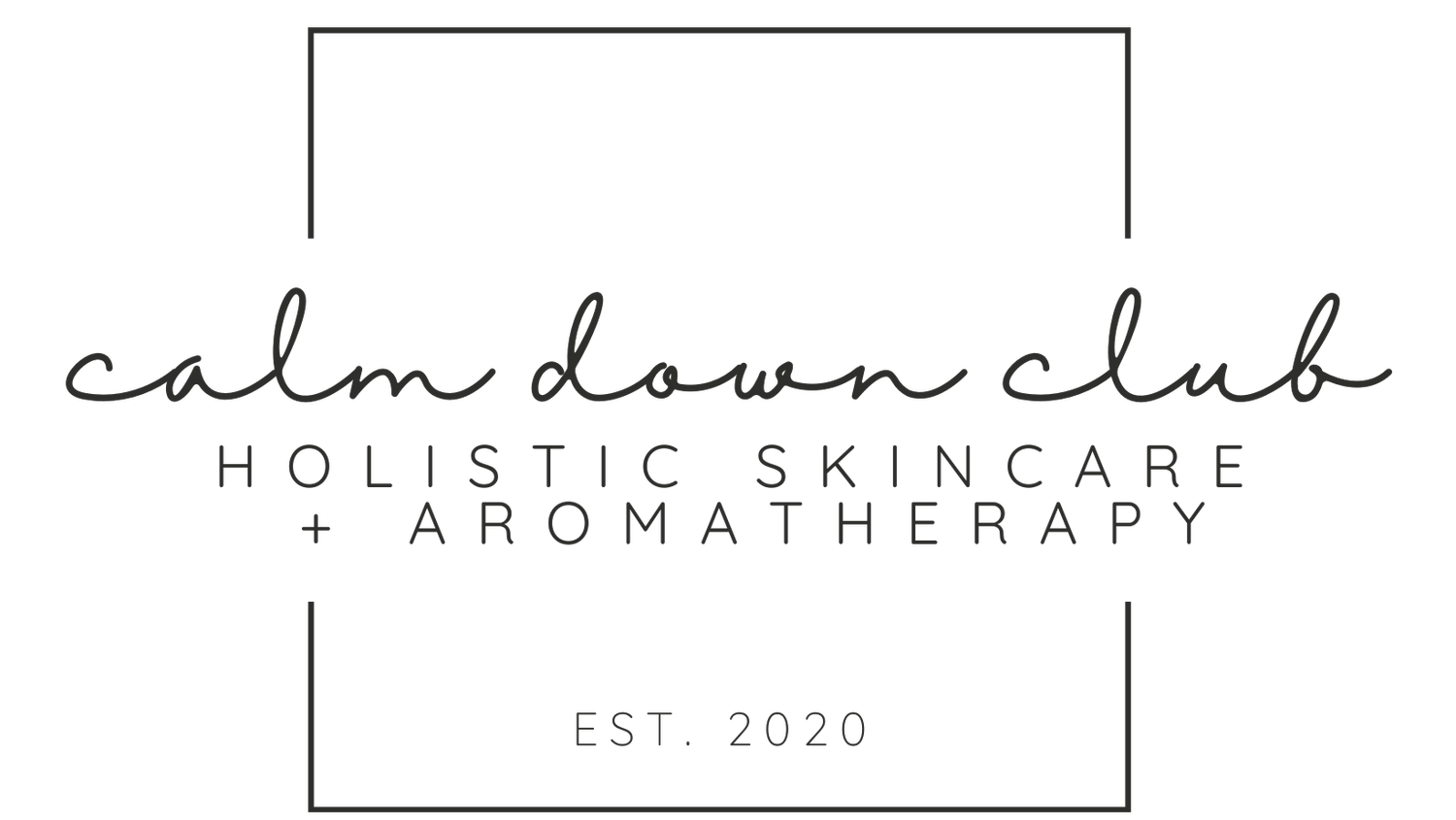is aromatherapy safe for children?
Aromatherapy and the use of essential oils have become widely popular in recent years. Essential oil enthusiasts tout the myriad of benefits they’ve experienced, such as: reduced anxiety, improved mood, better sleep quality, tension relief, skin rejuvenation and more. But is there more to the story — are there side effects, and is it safe for use with children?
In general, the use of essential oils is considered safe, however as a trained and certified aromatherapist I air on the side of caution, ESPECIALLY when dealing with children, developing fetuses and those who are breastfeeding. There isn’t a lot of research available on the use of aromatherapy in children. I’ve done some digging in public medical journals and thought i’d share my findings with you.
Lavender is the most frequently studied essential oil. Studies evaluating the effect Lavender has on sleep quality were conducted and those published between 1990-2012 were reviewed — A majority of these studies showed a positive effect, and no adverse effects were reported. They concluded that inhalation of essential oils may be considered for those with mild sleep disturbances.
The above studies were conducted on adults, though I was able to find some studies conducted on children — specifically Autistic children dealing with sleep disturbances. Application of Lavender diluted to 2% potency was administered via hand and foot massage. No change in sleep was observed, showing that Lavender had no effect on these children.
A study was done on inhaling Lavender and Sweet Orange essential oils and the effect they have on reducing anxiety in children experiencing anxiety towards dental procedures. They concluded that inhalation of Lavender reduces anxiety in children, and inhalation of Sweet Orange was shown to reduce pain.
In my professional opinion, essential oils should not be used topically on children under the age of 10. This was how I was trained, how my teacher and many other experienced certified aromatherapists practice. When using essential oils topically — on anyone, child or adult — they must always be safely diluted into a carrier oil before being applied to the skin. Using pure essential oils on the skin may cause skin sensitivity and irritation to anyone, especially children.
—
essential oils should never be ingested, they’re for external use only.
—
Do not use pure essential oils directly into bath water. Oil and water don’t mix, so by putting even just a few drops of essential oils into your child’s bath water it will sit on the top surface of the bath and create skin sensitivity and irritation.
Never use essential oils or diluted blends near the eyes, nose or ears. Use near mucous membranes should be avoided always, as they can enter into our systems faster and have increased potency which can lead to unsafe usage.
Essential oils may be diffused and inhaled by children ages 2+ to receive benefits safely. Always consult your paediatrician or doctor for medical advice and assurance. Essential oils should be used in very small amounts when working with children. If diffusing, add 1-2 drops of a pure essential oil, or an essential oil blend, to your diffuser water.
ALWAYS use organic, pure essential oils. Purchase essential oils from your trusted aromatherapist to ensure you’re receiving the most therapeutic, pure blend. Due to gaining popularity, synthetic essential oils are widely being sold and distributed by companies and independent consultants. It can be hard to know what essential oils are of the best quality. If you can’t purchase your oils directly from a certified aromatherapist, be sure to know what to look for on the package — ideally it will be labeled organic, have the common name (ie. Lavender) and the latin name (ie. Lavandula Aungustifolia) and which part of the plant the essential oil comes from (ie. flower, stem, bark). It may also include how the oil was distilled (ie. cold expression or steam distillation) and the country of origin. The more information you can see, the better!
Store your essential oils in a cool, dark place, ideally away from direct sunlight for best results. Keep them away from the reach of children. If you have any questions about using essential oils with children, consult a certified aromatherapist (see: ME!) or your doctor.
interested in a custom blend for you or your child?
Use the form below to get in touch with me so we can discuss your needs and formulate a unique blend tailored specifically to you or your family.


